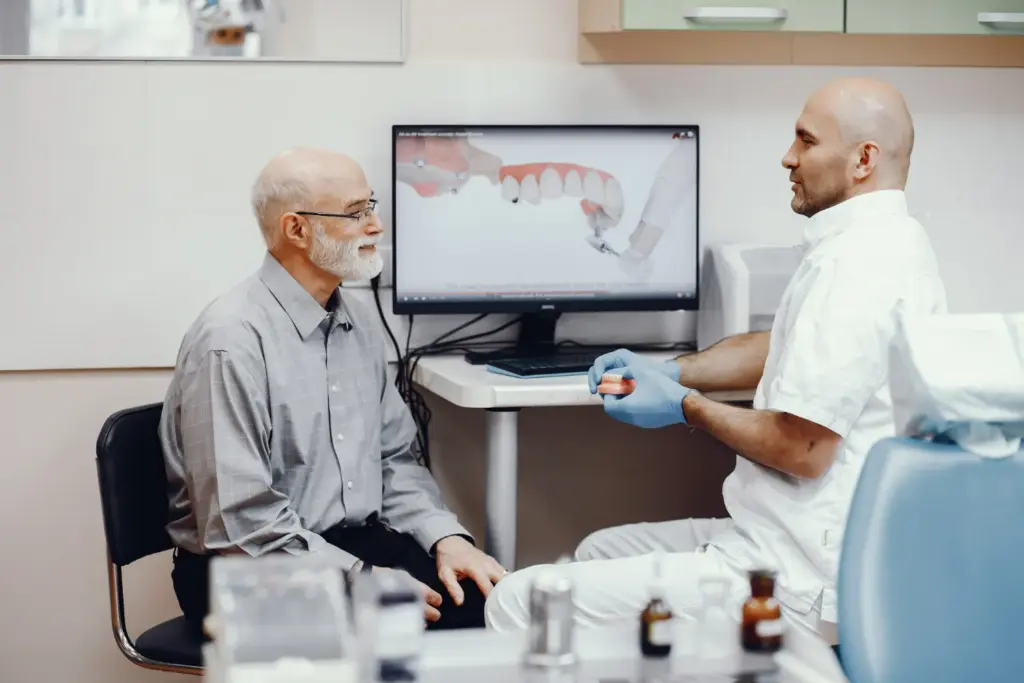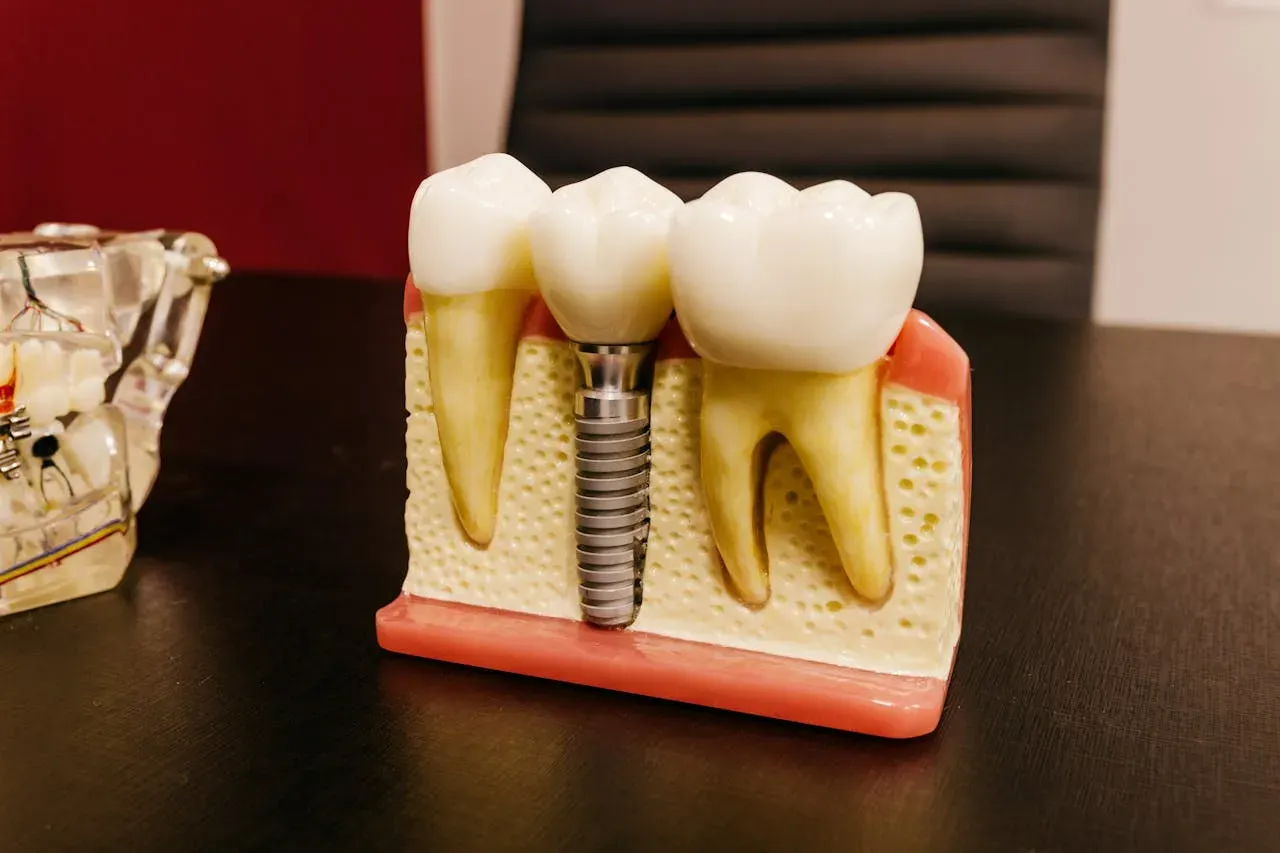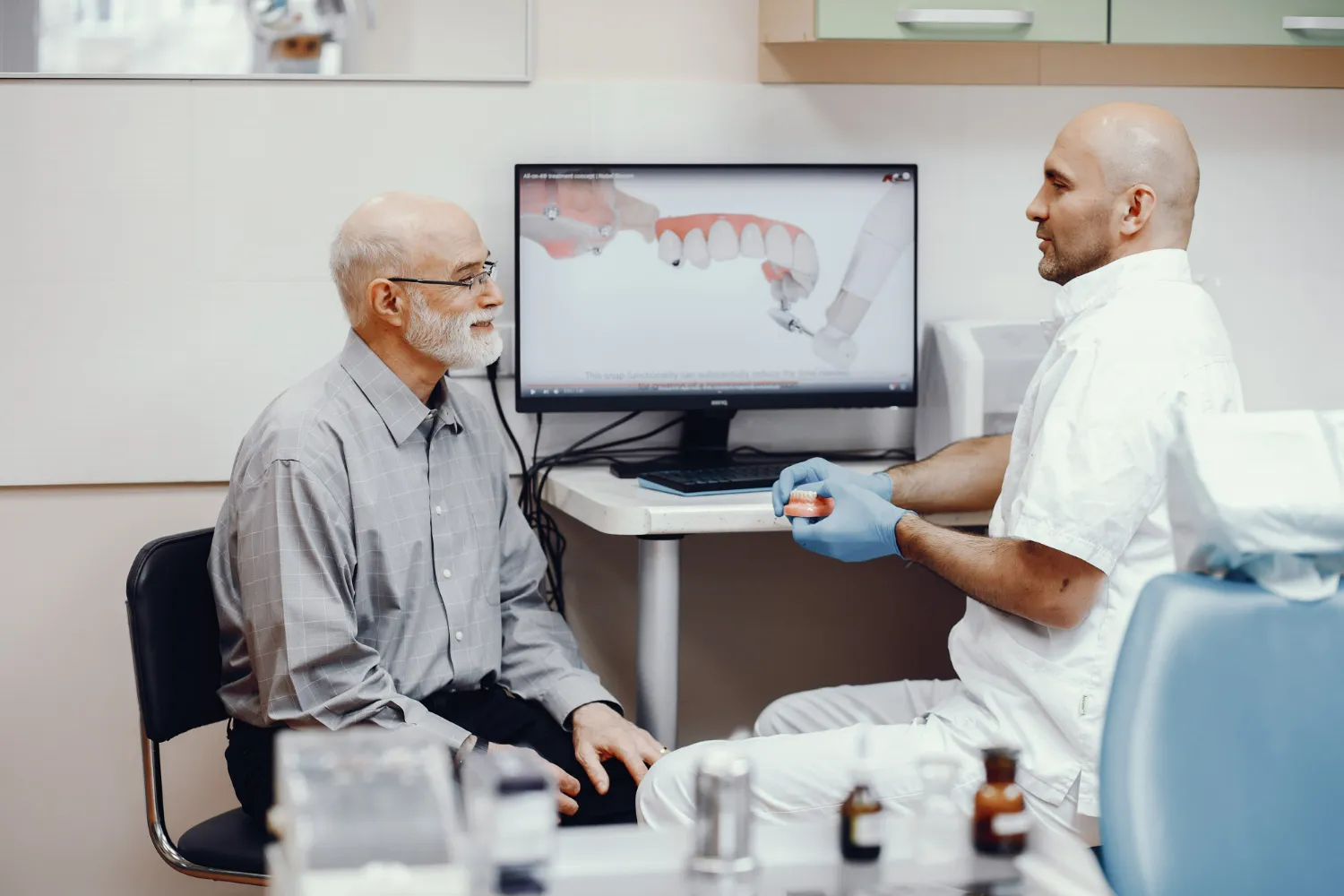Dental implants are one of the most successful and long-lasting ways to restore missing teeth. Whether it’s a single gap, multiple missing teeth, or the need for full-arch replacement, modern dentistry offers a variety of implant solutions tailored to individual needs.
By understanding the different types of dental implants, patients can better prepare for conversations with their dental team and make confident decisions about their oral health.
Understanding the Main Types of Dental Implants
Implants are generally categorised into three core types, each with specific applications:
- Endosteal implants – Inserted directly into the jawbone
- Subperiosteal implants – Rest on top of the jawbone beneath the gum
- Zygomatic implants – Anchor into the cheekbone for severe bone loss cases
Let’s explore what sets each apart, along with other implant solutions available in modern dentistry.
Endosteal Implants
What Are They?
Endosteal implants are the most commonly used type, according to WebMD. They’re shaped like small screws or cylinders and surgically placed into the jawbone. Once healed, they provide a strong, stable foundation for replacement teeth.
Who Are They For?
- Patients with healthy jawbone density
- Those looking for single or multiple tooth replacement
- Individuals who prefer fixed over removable restorations
Why Choose Endosteal?
- High long-term success rate
- Natural integration with the bone
- Made of titanium – a durable, biocompatible material
Birchgrove Dental’s article on how long dental implants last provides further insight into the durability of these implants.
Subperiosteal Implants
What Are They?
Unlike endosteal implants, subperiosteal implants sit on top of the jawbone under the gum tissue. A metal frame is custom-made to fit the patient’s jaw and support artificial teeth.
Best Suited For:
- Individuals with insufficient bone height
- Patients who cannot undergo bone grafting
- Those with complex anatomical needs
Though less commonly used today, they remain a viable option in cases where traditional implants are not suitable.
Zygomatic Implants
What Are They?
Zygomatic implants are longer and placed into the cheekbone (zygoma) instead of the jawbone. They are reserved for severe cases of upper jawbone loss.
Ideal Candidates:
- Patients with significant upper jaw bone resorption
- Long-term denture users with no viable jawbone
- Individuals unsuitable for grafting or sinus lift surgery
These implants require specialist expertise and are only available through select providers.
Other Types of Dental Implant Techniques
Mini Dental Implants
Mini implants are narrower than traditional implants and are often used in areas with limited space or bone volume.
Advantages include:
- Less invasive procedure
- Suitable for stabilising lower dentures
- Shorter healing times
Immediate Load Implants (Same-Day Implants)
Also known as “teeth in a day,” these allow for a crown to be placed on the implant immediately after insertion.
Best for:
- Single front tooth replacements
- Patients with strong bone structure
- Situations requiring quick aesthetic results
For a step-by-step overview of the process, read what to expect during the dental implant procedure.
Implant-Supported Dentures
This hybrid solution combines dentures with implant stability. Rather than relying on suction or adhesives, the denture clips securely onto the implants.
Benefits:
- More secure than traditional dentures
- Reduced gum irritation and slippage
- Improved ability to chew and speak
Birchgrove Dental also offers a helpful comparison between implants and dentures.
Single Tooth and Multiple Tooth Implants
Implants can replace individual teeth or act as anchors for bridges. For multiple missing teeth, a bridge supported by two implants may cover a gap of three or more teeth.
All-on-4 Dental Implants
This technique places four implants strategically in the upper or lower jaw to support a full arch of teeth. The rear implants are often angled to maximise bone contact.
Key benefits:
- Suitable for full-arch tooth loss
- Often avoids the need for bone grafting
- Offers immediate aesthetics and function
This advanced solution is available through practices like Birchgrove Dental, where tailored treatment planning ensures reliable results.
What Determines the Right Type of Dental Implant?
A range of factors come into play when selecting an implant system:
- Bone quantity and quality in the jaw
- Number of missing teeth
- Location of gaps in the mouth
- Age and general health of the patient
- History of dental treatments
- Preference for fixed vs removable restorations
Advanced 3D imaging tools, such as cone beam CT scans, help clinicians choose the most appropriate approach.
How Long Do Dental Implants Last?
Dental implants are built for longevity. With the right care, they can last for many years, often decades. According to Bupa, maintaining oral hygiene, avoiding tobacco use, and attending regular dental check-ups are crucial to implant success.
Longevity tips:
- Brush and floss twice daily
- Avoid smoking
- See your dentist every six months
- Use a soft-bristled toothbrush and non-abrasive toothpaste
Titanium implants, in particular, are renowned for their durability, with success rates above 90% even after 10-15 years.
Questions to Ask Before You Begin

Patients should feel comfortable asking their dental team:
- Which type of dental implant is most suitable for my case?
- Will I need bone grafting beforehand?
- What’s the full treatment timeline?
- Are there alternatives like implant-supported dentures or All-on-4?
- How much will it cost?
For a clear pricing overview, visit Birchgrove Dental’s page on how much a dental implant costs.
Final Thoughts
With a wide range of types of dental implants available, there’s a solution for nearly every level of tooth loss and bone condition. From mini implants to advanced zygomatic systems, today’s dental techniques are more customisable than ever.
At Birchgrove Dental, patients benefit from personalised assessments, advanced diagnostics, and trusted implant solutions that restore both confidence and function. Contact the team today to explore your options and begin your journey toward a healthy, lasting smile.




